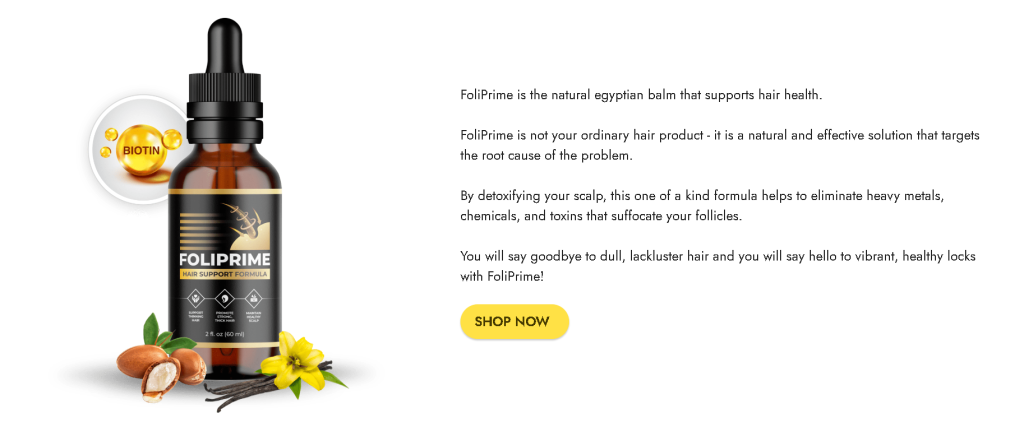Thinning hair can have several causes, including genetics, hormonal changes, stress, and nutritional deficiencies. While there are various vitamins and supplements that claim to promote hair growth and prevent hair loss, it’s important to note that scientific evidence on the effectiveness of these remedies is limited.
That said, some vitamins and minerals have been suggested to support healthy hair growth and may be worth considering as part of a comprehensive approach to managing thinning hair. Here are some examples:
- Biotin: Also known as vitamin B7, biotin is a popular supplement for hair health. Biotin is involved in the production of keratin, a protein that makes up hair, nails, and skin. While biotin deficiency is rare, some studies suggest that taking biotin supplements may improve hair thickness and reduce hair loss in people with thinning hair.
- Vitamin D: Vitamin D is important for overall health, and research suggests that it may also play a role in hair growth. Vitamin D receptors are found in hair follicles, and some studies suggest that low levels of vitamin D may be associated with hair loss. However, more research is needed to understand the link between vitamin D and hair health.
- Iron: Iron deficiency is a common cause of hair loss, especially in women. Iron is essential for the production of hemoglobin, a protein that carries oxygen to the body’s tissues, including the hair follicles. If you have thinning hair and are found to be iron deficient, taking an iron supplement may help.
- Vitamin C: Vitamin C is an antioxidant that helps protect hair follicles from damage caused by free radicals. Some studies suggest that vitamin C may also play a role in collagen production, which is important for hair health. While there is limited evidence to support the use of vitamin C supplements for hair loss, incorporating vitamin C-rich foods into your diet may be beneficial.
- Zinc: Zinc is important for immune function, wound healing, and protein synthesis, which is essential for hair growth. Some studies suggest that zinc may help reduce hair loss in people with alopecia areata, an autoimmune condition that causes patchy hair loss. However, more research is needed to understand the link between zinc and hair health.
It’s important to note that taking excessive amounts of vitamins and supplements can be harmful and may lead to adverse effects. Before taking any supplements for thinning hair, it’s a good idea to consult with a healthcare professional to determine the underlying cause of your hair loss and to discuss the potential benefits and risks of supplementation.

